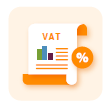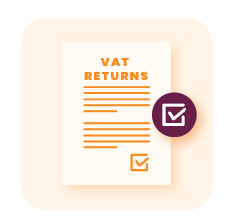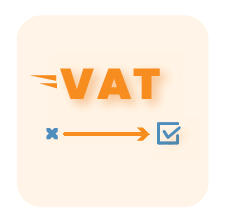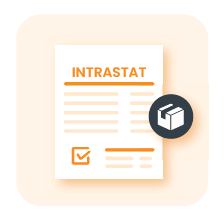Reverse Charge & “Call Off Stock” in Spain
In Spain, service providers are generally obligated to declare and remit VAT for the services they provide to the State Tax Agency. However, for certain types of service transactions, this responsibility is transferred to the service recipient, provided they are registered taxpayers. This transfer of VAT reporting and payment obligation is known as the “reverse charge” mechanism.
Learn all about reverse charge and “call off stock” in Spain in our complete guide below.
Selling in Spain?
Spain – “Call off stock”
When non-resident suppliers are involved in the international distribution of goods to Spain using consignment stock or call-off stock arrangements, they may be required to register for Spanish VAT.
In a consignment stock arrangement, the transferor sends goods to a warehouse, where they are held until sold to a final customer by a consignee. During this time, the stock remains under the control of the transferor. In contrast, call-off stock involves a supplier transferring goods to a warehouse, where a pre-identified customer can access and take the goods as needed. Typically, this warehouse is owned or controlled by the customer.
According to Article 16 of the Spanish VAT Act, a foreign consignor transferring consignment or call-off stock from outside of Spain to a Spanish warehouse generally needs to register for Spanish VAT. If the stock is moved from another EU Member State, the transaction is often considered an intra-Community acquisition by the consignor of their own goods. The subsequent withdrawal of the goods from the warehouse by the consignee is treated as a domestic supply within Spain.
However, if certain criteria are met, such as the consignee or client being registered for Spanish VAT, and the consignor not being established in Spain but registered for VAT in another EU Member State, the supply by the foreign consignor may be exempt from Spanish VAT.
In situations where the foreign consignor’s supply of consignment stock is exempt from VAT, the eventual client becomes responsible for the VAT payment. This is done through the reverse charge mechanism at the time the goods are withdrawn from the warehouse.
Last Updated: 13/12/2023
Disclaimer
The information provided by Global VAT Compliance B.V. on this webpage is intended for general informational purposes only. Global VAT Compliance B.V. is not responsible for the accuracy of the information on these pages, and cannot be held liable for claims or losses deriving from the use of this information. If you wish to receive VAT related information please contact our experts at support@gvc.tax








